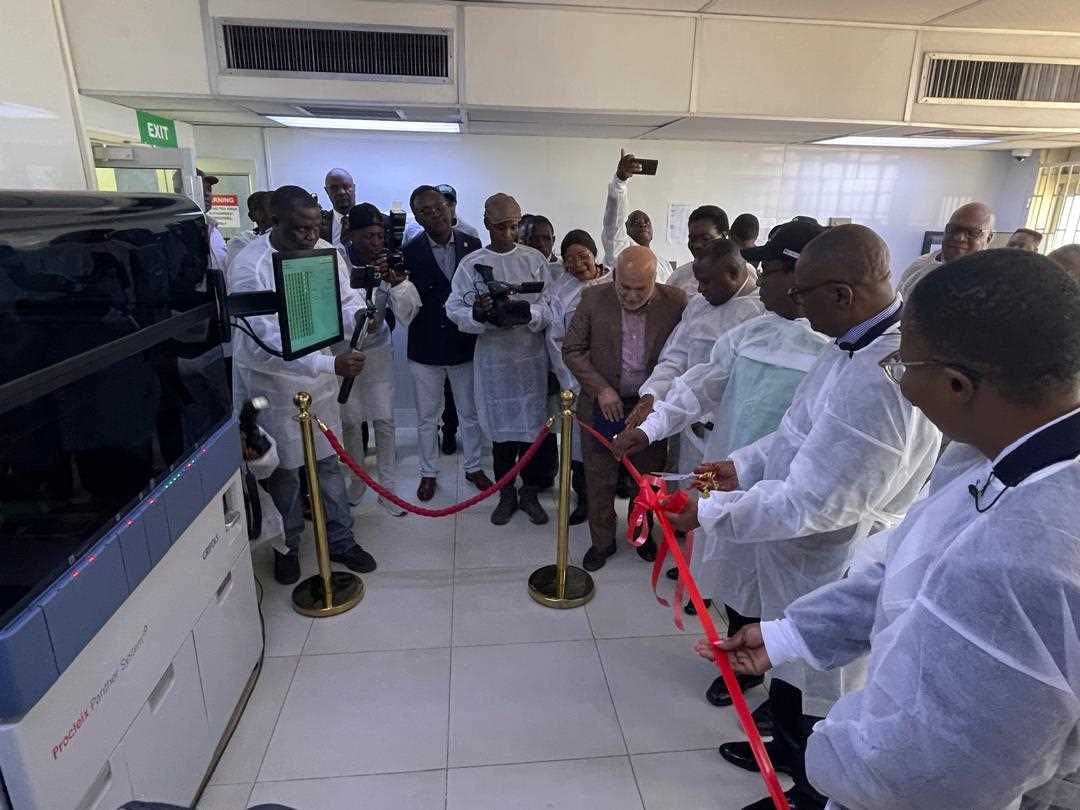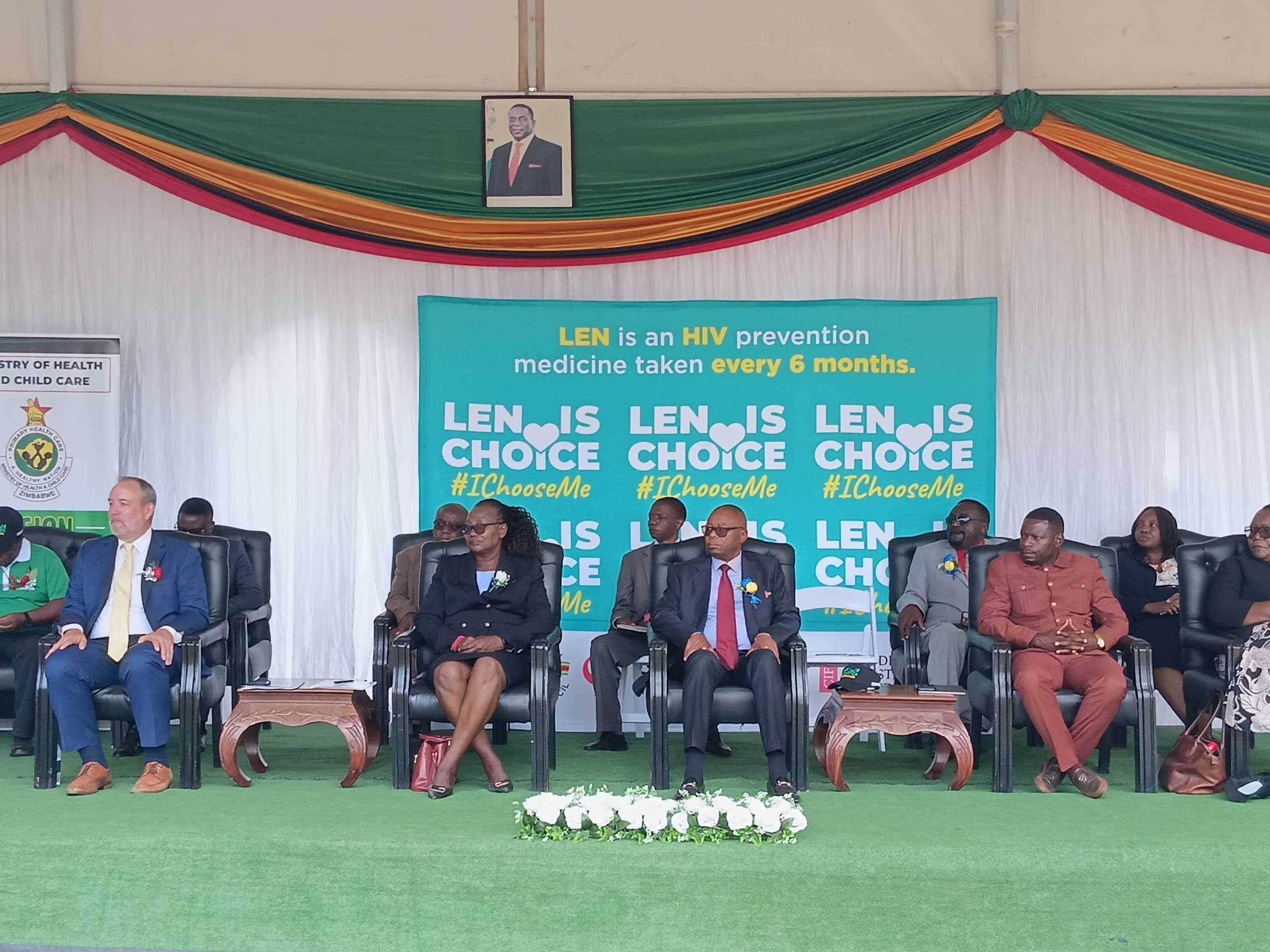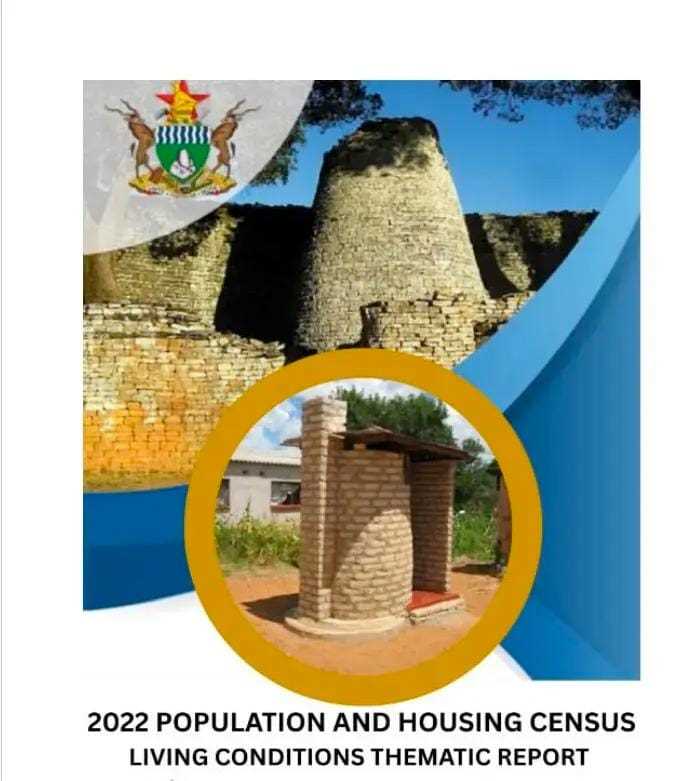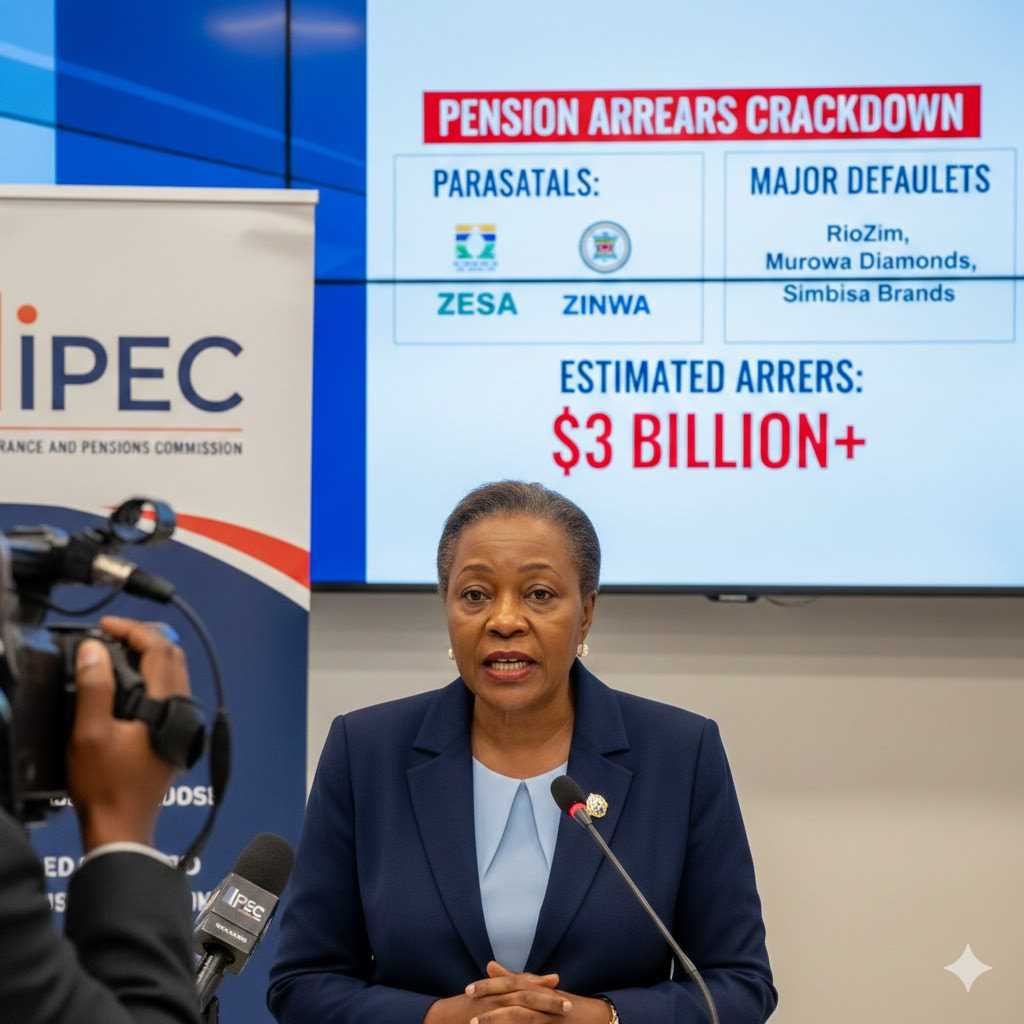
Rutendo Mazhindu- Zim Now Reporter
The Community Working Group on Health has urged the government to improve access to health services and ensure that no one dies or suffers simply because they cannot afford medical care.
This comes as Zimbabwe joins the rest of the world in commemorating World Health Day under the theme Healthy Beginnings, Hopeful Futures, which emphasizes maternal and newborn health.
In a statement, CWGH said quality healthcare should be accessible to all Zimbabweans, when and where they need it, without pushing families into financial hardship.
“Health is a constitutional right in Zimbabwe. Since 2013, Section 76 of the Constitution guarantees every citizen access to health services, including reproductive health,” the group said.
Highlighting the urgency of investing in maternal and child health, CWGH stressed the need for comprehensive care for women before, during, and after childbirth.
“There is a critical need to invest in women’s long-term health and general well-being. Women and families need affordable and quality care at every stage,” the statement read.
CWGH called on the Ministry of Health and Child Care to recommit to the primary healthcare model to improve reach and reduce preventable maternal and infant deaths.
“Health funding must match the needs of a growing population and increasing disease burden,” said CWGH.
Related Stories
Zimbabwe’s maternal mortality rate stands at 363 deaths per 100,000 live births, while under-five mortality is 39.8 deaths per 1,000 live births, according to the 2022 census.
CWGH described the figures as deeply concerning, noting that many of these deaths are preventable with better care and infrastructure.
“Public hospitals are under pressure due to shortages of medicines, equipment, and basic supplies. These gaps compromise the safety of patients and health workers alike,” the group said.
Emergency services are also struggling, with many ambulances either non-functional or lacking fuel, trained staff, or critical equipment. The result is fatal delays, particularly for pregnant women and infants.
“Some mothers and babies die simply because they cannot reach health facilities in time,” CWGH added, citing poor transport and weak referral systems.
Other challenges affecting maternal health include malnutrition, anemia, teenage pregnancy, and infections—many of which could be prevented through improved access to clean water, sanitation, hygiene, and early screening during pregnancy.
Despite these systemic issues, CWGH expressed hope, calling for urgent action under the Primary Health Care for Universal Health Coverage (PHC 4UHC) strategy, which focuses on healthcare access for all, especially vulnerable populations.
However, the organization raised concerns about declining international support, particularly the impact of the United States' Gag Rule—which restricts funding for organizations that provide or even discuss abortion services.
“This policy undermines women’s health, especially for the poor and marginalized,” CWGH said.




















Leave Comments